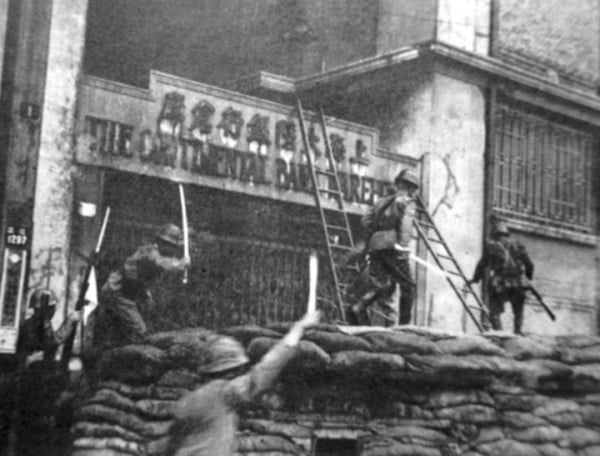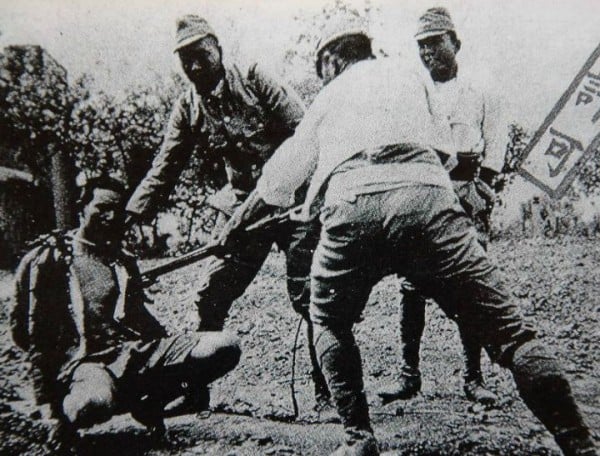
By China correspondent Stephen McDonell.
For many people, World War II was the crucial turning point of the 20th century – a key moment in history to be studied and remembered.
However, between Beijing and Tokyo it remains a running sore that is set to be reopened yet again this week.

Japan's prime minister and emperor are both expected to apologise for atrocities committed by the country during World War II.
But in China — where Japan's imperial forces were at their most brutal — deep feelings of resentment linger, and the war remains a source of ongoing diplomatic conflict even today.


